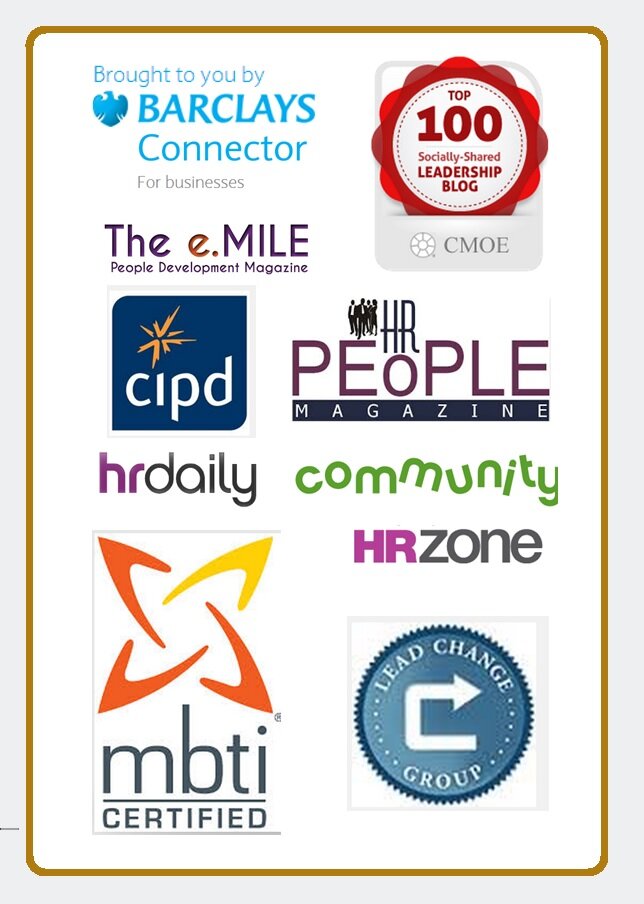 Taking Responsibility is the key to greater freedom
Taking Responsibility is the key to greater freedom
Responsibility can be a tough bedfellow. Today in a couple of separate encounters, one with a 14 year old girl and the other a 40 year old man, I heard how they had recently experienced difficult times in their lives. What both had in common was they blamed others for their plight. The common theme was ”If only x had done y then z, and I would be ok”.
I watched this dynamic without judgment. I too had taken such a position for a very long time. I also felt a little saddened because I realised nothing could be changed permanently until they realised there was another way of seeing their situation now and in the future.
On both occasions, I attempted to suggest maybe there was another way of viewing their respective situations. Not to make them wrong, but to show them a way out of their agony. Both firmly rejected my suggestions, because sometimes, just sometimes, as human beings we would rather be right .
Sometimes you only see the light when you experience the darkness
A number of years ago, I personally experienced hard times. It was a depressing period in my life; the future looked bleak indeed. I knew things had to change. I didn’t know it then, but I came to realise what had begun as a monumental disaster, turned out to be the biggest gift life could have handed me.
As I pondered on what had gone so wrong, I blamed everyone and everything. The truth was some external and some internal factors had led me to that low point and blaming or focusing on external factors was getting me nowhere fast.
My first “light bulb” moment happened when I began to take total responsibility for my experience. I couldn’t control everything in my world. What I did have power over was my response to what life threw at me. Focusing on whose fault it was and wanting to point the finger of blame was deflecting from the energy needed to move beyond the situation.
Secondly, I began to pay attention to my intuition. I overrode my intuition pretty much of the time. The rot began early in life, times when I wanted to be like my peers; I wanted my relationships to be harmonious; I didn’t want to rock the boat with my parents. After many times of overriding my own internal truth, I realised my own best friend was inside me.
Acceptance releases the energy used for blame to finding a solution
Accepting my situation I began what I thought would be a slow and torturous route out of the fix I found myself in. On the contrary, it was the most enlightening and exciting of journeys. It wasn’t easy, but it was transformational. I went from being broke, dispirited and in despair, to a place where I was financially secure, optimistic and at peace with myself. The experience was like replacing a house of straw with a house of bricks with very solid foundations.
Taking Total Responsibility
I developed a vision: I set goals for my working life, I set figures for my income, how I would feel about my work and how good I would be at it. I achieved them almost 2 years ahead of target.
I set out a detailed plan. I needed certain skills and experience. I articulated the detail of “how” in my plan. I achieved all milestones and was offered the job I wanted before I had met the outcomes in the plan.
I engaged my team. I needed a support network around me. My beloved network included my family as well as my professional colleagues and friends. I let the right people know things had changed, and I got them on board to help me.
I focused on my successes and goals. I didn’t waste time thinking about the reality of the situation I found myself in. I faced up to it, identified the gap between where I was and where I wanted to be, and concentrated on closing the gap; not the past. In the present moment, I chose to be grateful for what I had achieved and the help and opportunities which came my way.
I let go of unhelpful doubts, thoughts and beliefs. I got in touch with the power of my mind. Doubt and negativity simply create resistance to achieving what you want
I have used those steps many times when leading teams at work as well as creating my life outside of work. Repetition should create mastery, yet I still struggle at times, but at least I now take total responsibility, so if things don’t work out, I only have myself to blame.
If you are a leader, you are continually developing and "Sharpening the Saw". If you lead and manage teams, then you must read about our Inspirational New Leadership Programme. Sign up now to find out more details when we launch in July 2014. There is no obligation to undertake the programme, if you sign up today, you will simply be sent more information about the programme. You can unsubscribe at any time! Click below to register for further information.


 Leadership of the future will be all about mindset
Leadership of the future will be all about mindset


 Everyone has this power, some of us just don’t realise it.
Everyone has this power, some of us just don’t realise it.

